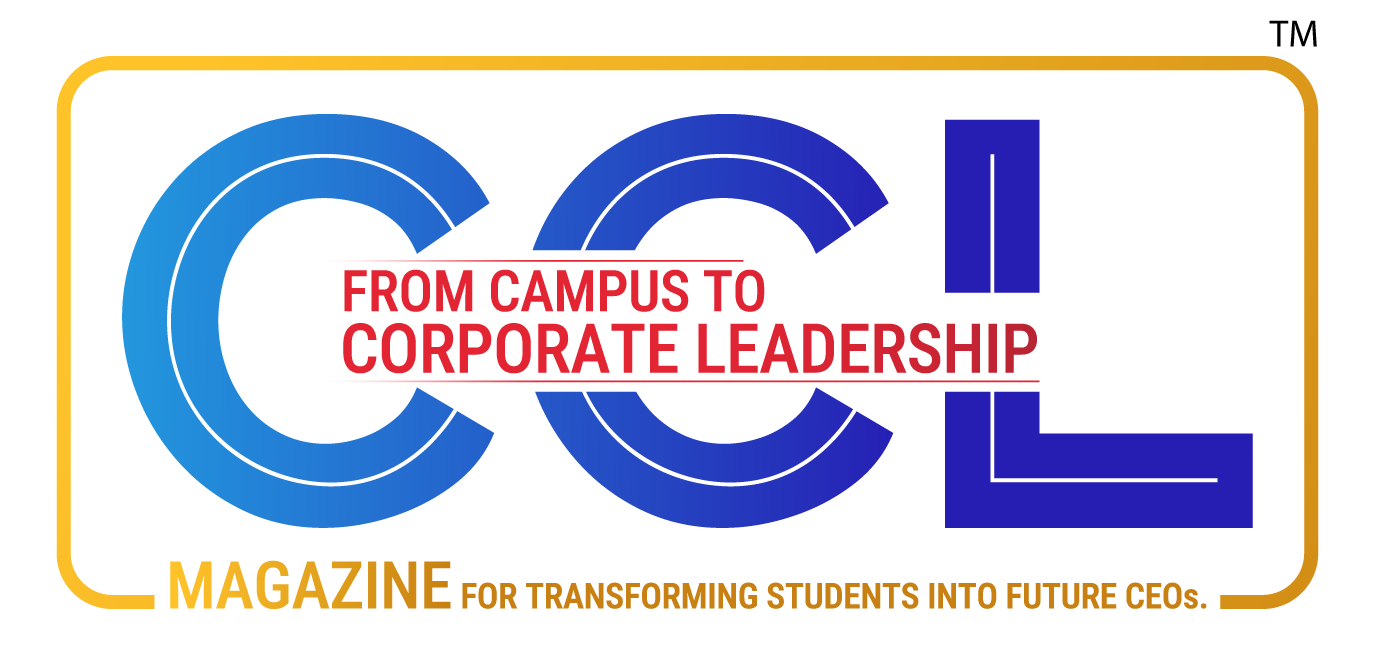Now Reading: Positive Correlations Create an Innovative Culture
1
-
01
Positive Correlations Create an Innovative Culture

Positive Correlations Create an Innovative Culture
In today’s evolving business landscape, teamwork is vital to achieving organizational goals. Leading diverse, multigenerational teams involves challenges and opportunities, where clear communication ensures alignment with the vision. By recognizing individual strengths and aspirations, I create a growth-focused environment. Supporting transparency and shared goals motivates teams, boosting productivity and driving sustainable success across all generations.
Mr. Buddika Jayaweera
Scroll to Top









